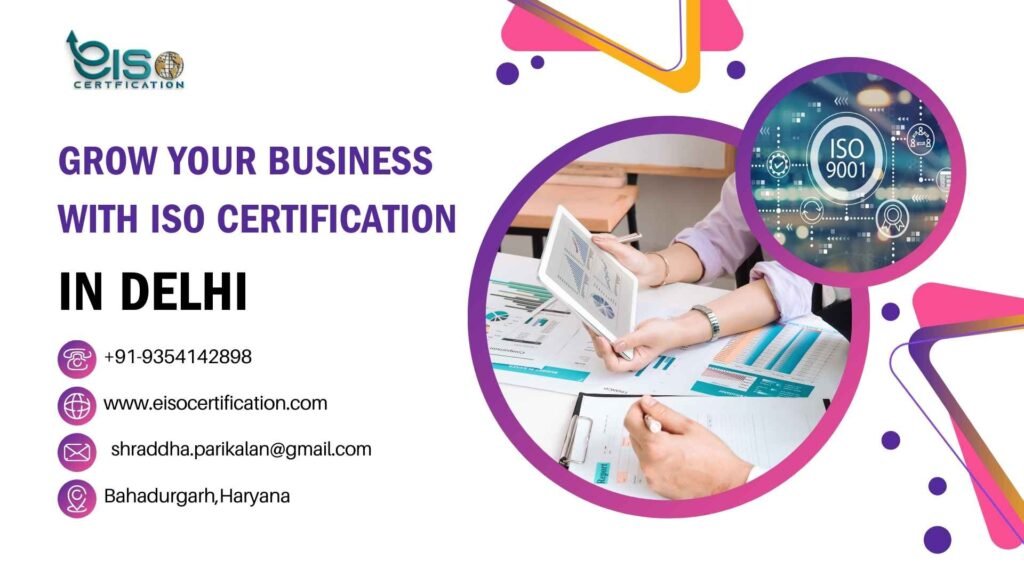ISO Certification in Nepal: Unleashing the Global Potential for SME
Apply For ISO Certification
Introduction
Why ISO Certification in Delhi is Important
In today’s market, customers want proof that you follow quality processes and meet international standards. ISO certification does just that. It boosts your company’s credibility and shows that you’re serious about quality, safety, and efficiency.
For me, getting ISO certification in Delhi helped open doors to more clients, especially larger organizations and government tenders that require it as a baseline. It’s not just about a certificate—it’s about building trust.
Which ISO Certification in Delhi Do You Need?
One of the first questions to tackle is: which standard fits your business?
-
ISO 9001 – Quality Management System (best for general businesses).
-
ISO 14001 – Environmental Management (for companies focusing on sustainability).
-
ISO 45001 – Occupational Health & Safety.
-
ISO 22000 – Food Safety Management (a must for food businesses).
-
ISO 27001 – Information Security (important for IT and data-focused firms).
Delhi is full of consultants offering various types of ISO certification, so knowing what you need saves time and money.
Are You Looking To Enhance Your Business Credibility And Quality Standards ?
Finding the Right ISO Consultant in Delhi NCR
There are hundreds of ISO consultants in Delhi, but not all are equal. I learned to look beyond flashy websites and low prices. A good consultant should:
-
Understand your industry.
-
Help with gap analysis, documentation, audits, and staff training.
-
Be transparent about costs and timelines.
Tip: ask for case studies or client references. I almost signed with a firm that promised certification in 10 days—huge red flag.
What the ISO Certification Process Looks Like
Here’s how the process generally works:
-
Gap Analysis – Identify what your company already does well and where it falls short.
-
Documentation – Create policies, manuals, and procedures aligned with ISO standards.
-
Implementation – Apply those processes across your organization.
-
Internal Audit – Review the system yourself before the external audit.
-
Certification Audit – Carried out by an accredited certification body.
The entire ISO certification process in Delhi typically takes 10 to 90 days, depending on your readiness.
Costs and Timelines for ISO Certification in Delhi
For a small to medium business, ISO certification in Delhi can cost between ₹5,000 to ₹1,00,000 or more. Costs vary based on:
-
The ISO standard you’re going for.
-
Size and complexity of your business.
-
Consultant and certification body fees.
Always ask for an itemized quote so you know what you’re paying for.
Mistakes to Avoid
Here are some things I learned the hard way:
-
Don’t rush the process just to get the certificate.
-
Avoid consultants who promise to “just do it for you” without involving your team. You need buy-in for long-term success.
-
Stay prepared for annual surveillance audits—ISO certification isn’t a one-time event.
Building Quality, Earning Trust
Once you’re certified, the real work begins. Keep your processes updated, train your staff regularly, and schedule internal audits. ISO certification in Delhi is not a finish line—it’s a system for continuous improvement.
You’ll also need to go through surveillance audits every year and a re-certification audit every three years.
Getting ISO certification in Delhi was one of the best business decisions I made. It wasn’t always easy, but it forced us to get organized, define responsibilities, and improve service delivery. If you take it seriously and work with the right people, it’s more than just a piece of paper—it’s a competitive edge.

